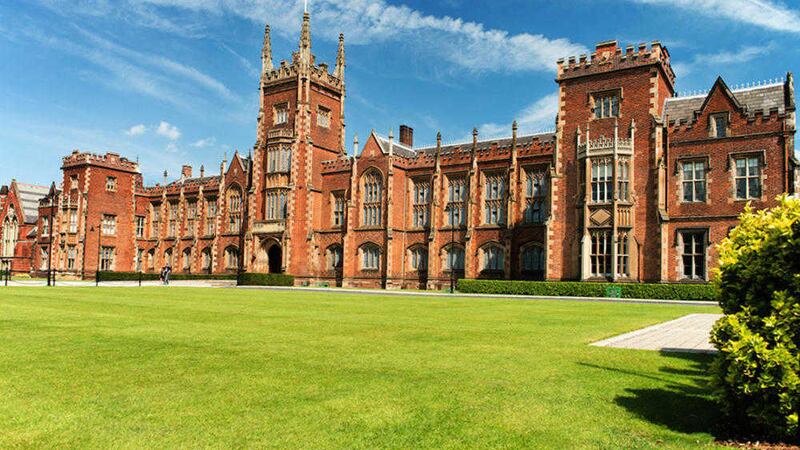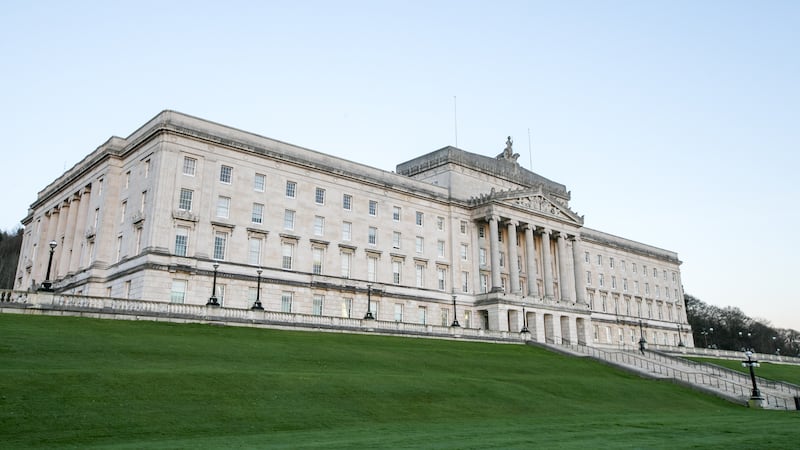A controversial plan to raise entry grades for degree courses at Queen's University to a minimum of an A and two Bs has won approval.
The ruling senate of Queen's endorsed a proposal which academics fear will put some courses beyond the reach of many local school-leavers.
Staff and students this week protested outside a meeting in which the senate approved the `institutional shape and size review' document.
About four in every 10 undergraduate courses currently have target grades lower than ABB.
The new requirement, the review says, will apply to students from Northern Ireland and Britain.
The Faculty of Arts, Humanities and Social Sciences will see the greatest upheaval.
According to the document, history, politics and sociology are among the subjects that would see the most significant drop in student numbers.
Based on the 2015 intake, almost one in three history students failed to reach ABB.
Of the 84 admitted to politics degrees, 24 did not have ABB and more than one in three sociology students in 2015 also would have been denied a place.
There are also plans to increase the number of courses requiring straight As. Law, which requires AAB, will move to AAA from 2017.
However, entry requirements for courses in the Faculty of Medicine, Health and Life Sciences will remain the same for now - midwifery and nursing will continue to require BCC.
Other changes include minimum enrolment numbers on undergraduate and postgrad courses, which the University and College Union has warned could lead to the end of some single honours degrees.
Vice chancellor Prof Patrick Johnston said the unanimous approval of the size and shape review by the senate "now allows Queen's to drive forward, with conviction, a series of game-changing contributions to current and emerging global challenges that will have a profound and beneficial impact on society".
Prof Johnston said there would be a £50 million, five-year investment to enhance the university's position as a global leader in education and research. This will involve a recruitment drive for 170 high-calibre academics and the creation of four new "flagship global research institutes".
"It underpins our ambitious aspirations to drive quality, and to grow our already internationally recognised research excellence. It will create a world class environment for our staff and students, who are already distinguished by their academic strengths, and recognised globally for their social, economic, educational and cultural impact, enabling them to continue to make their positive mark on the world," he said.







